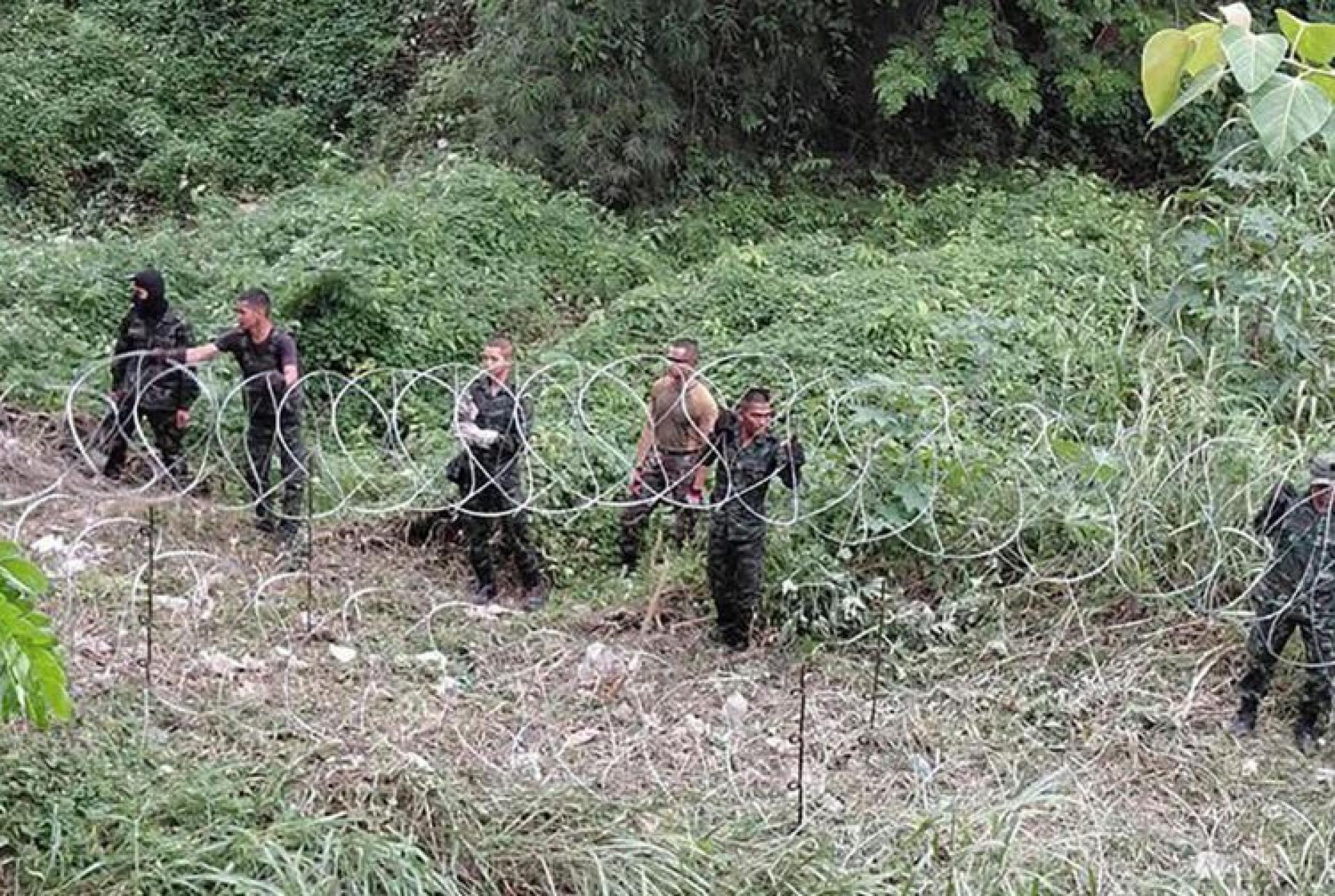(Phnom Penh/Bangkok, 11th) — The Cambodian government has denied planting landmines along the Cambodia-Thailand border, rejecting Thai accusations as baseless, and urged Thailand to avoid hasty allegations that could undermine mutual trust and the spirit of the ceasefire agreement.
At the same time, Cambodia countered that Thailand had violated the ceasefire agreement by deploying troops, patrolling, and erecting barbed wire along the disputed border.
According to the Khmer Times, Cambodian Foreign Ministry spokesperson Chum Sunry said on August 10 that Cambodian authorities and all demining and aid organizations had firmly refuted the Thai claims, pointing out that no credible, transparent investigation had been conducted. He called on both sides to remain patient and exercise restraint. On the night of August 9, Cambodia’s mine-clearing agency issued a statement stressing that Cambodia has not planted, nor will it plant, new landmines, and criticized the baseless accusations for undermining mutual trust.
Thailand claimed that on August 9, three soldiers were injured by a landmine while on patrol, condemning Cambodia’s actions as violations of the Ottawa Convention and the United Nations Charter.
The Cambodian Ministry of Defense has asked Thailand to abide by the consensus reached at the bilateral joint border committee meeting, especially the provision prohibiting patrols beyond existing positions. The Thai military responded that the 16-kilometer barbed wire fencing laid in Sa Kaeo province was to prevent cross-border crime.
Border conflicts have severely damaged cross-border civil exchanges and the economy. The head of the Ubon Ratchathani Chamber of Commerce noted that rising nationalism has deepened distrust between both sides, and it may take 10 to 15 years to rebuild confidence. The Thai government has allocated more than 117 million baht to assist residents in returning to their homes.
A Thai public opinion poll shows that over 75% of respondents trust the military most in responding to the Thai-Cambodian border conflict, followed by the foreign ministry, while trust in the government is less than 20%. The ruling Pheu Thai Party emphasized that the military operates under government leadership, and trusting the military does not mean distrusting the government.
